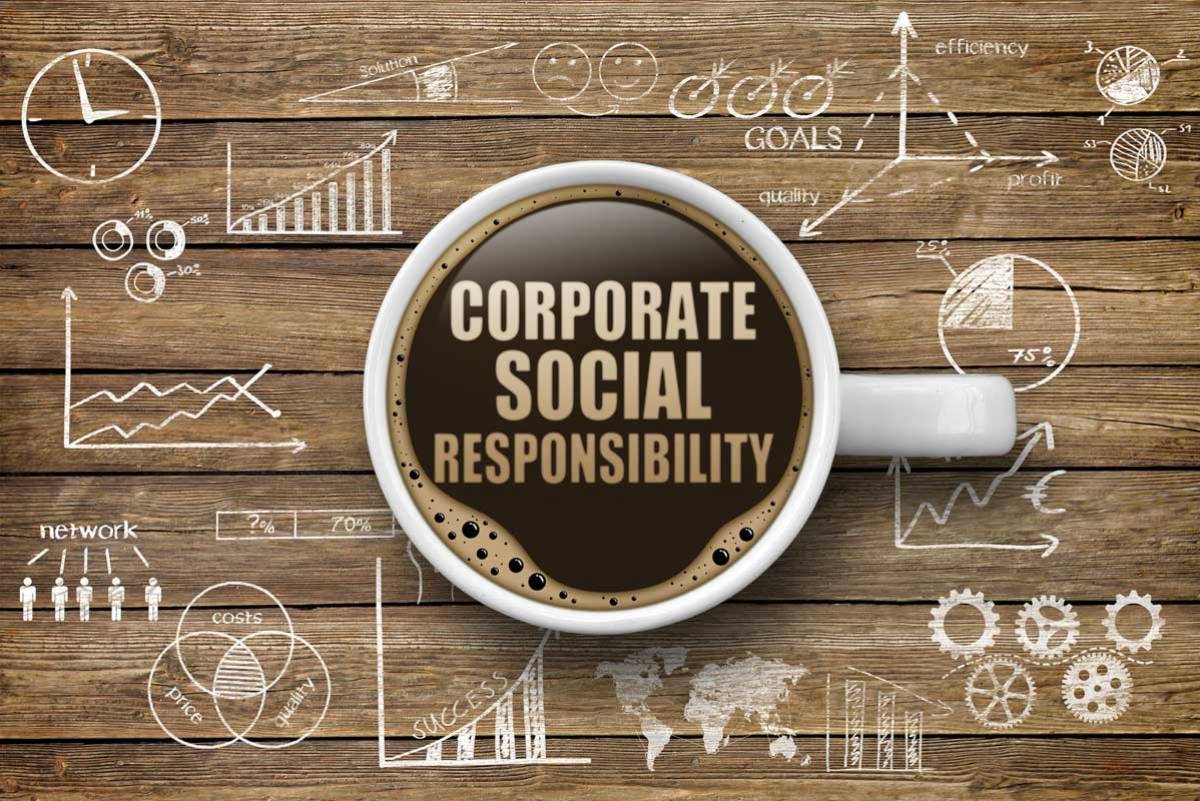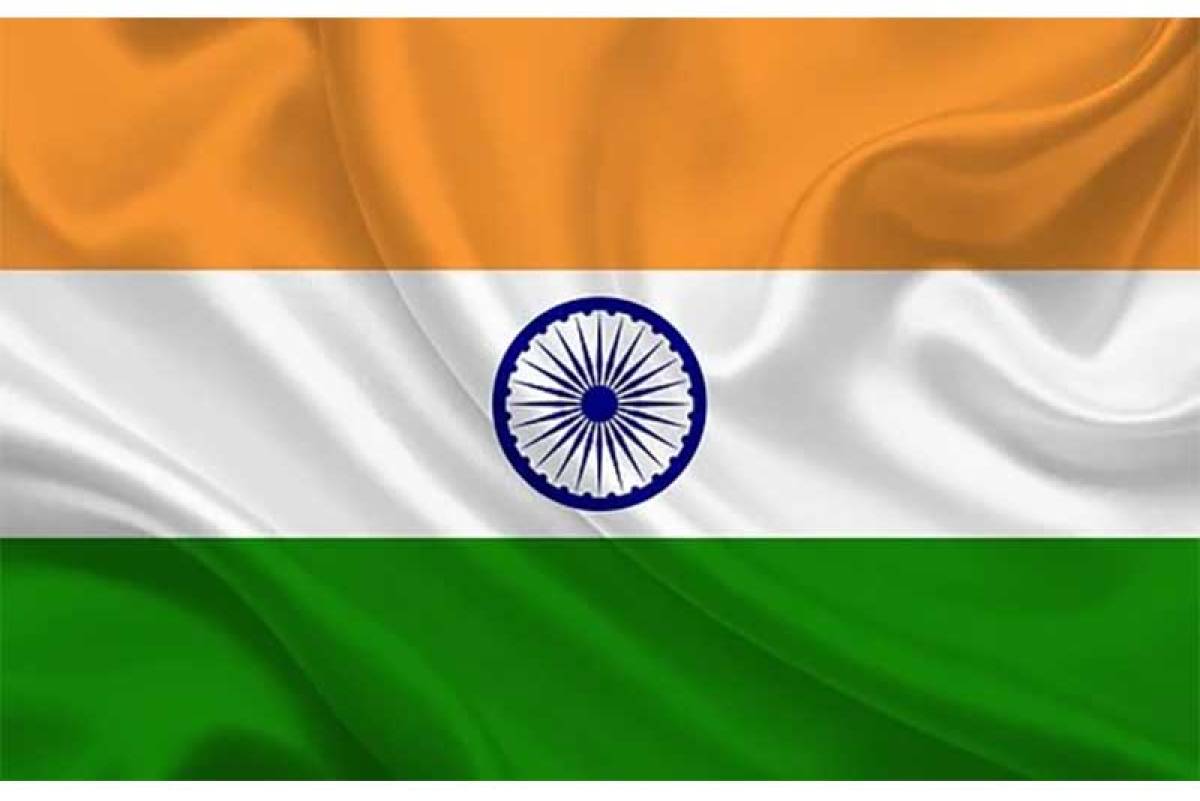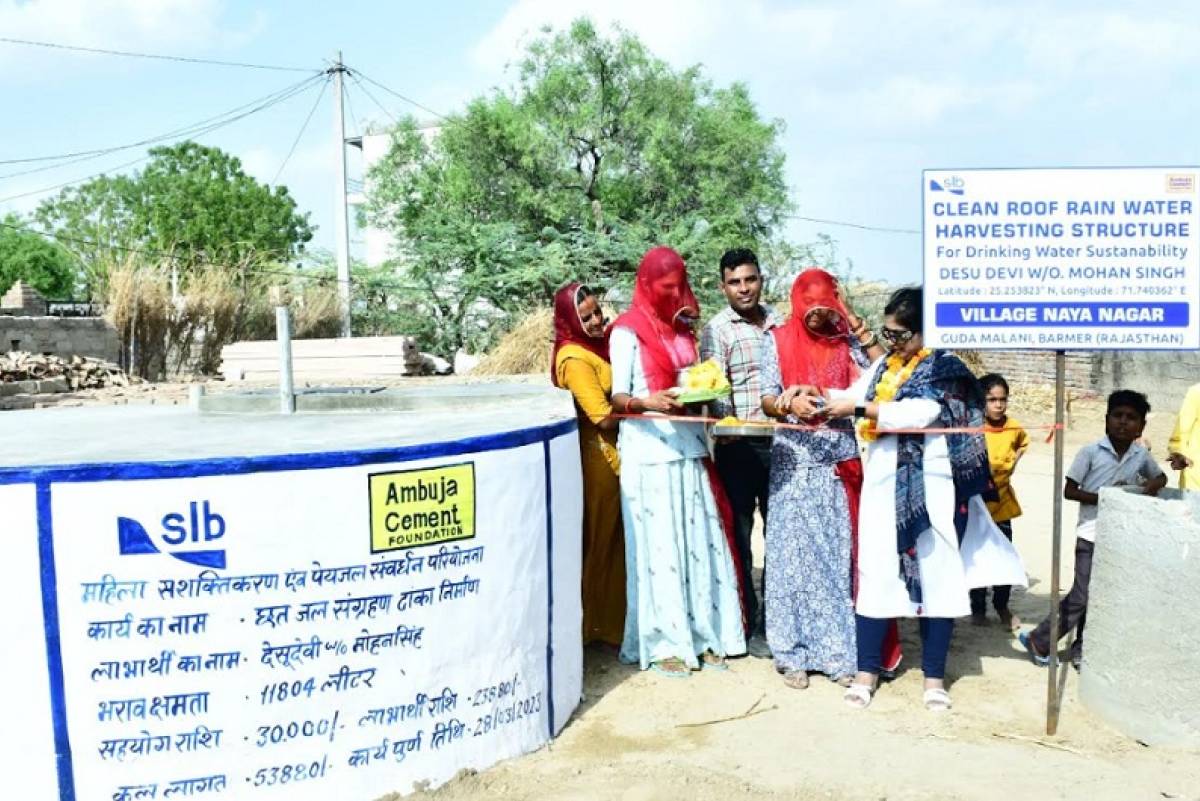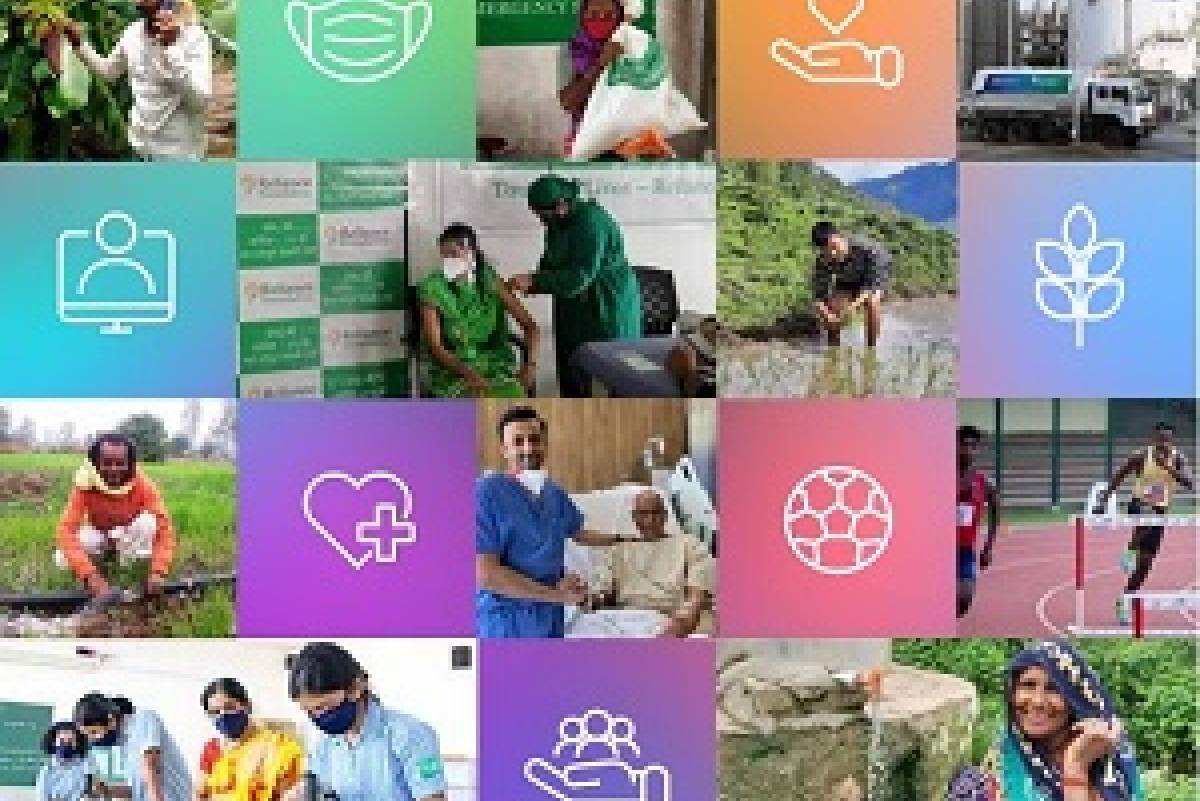
NGOs are legally constituted organisations which operate independently from government and are generally considered to be non-state, non-profit oriented groups who pursue purposes of public interest.
NGOs and Development: History and Role in India
NGOs are voluntary organisations (VOs). These are popularly known as NGOs because they are free from governmental control in their functioning. They are democratic and open to all those wishing to become member of the organisation voluntarily and serve the society.
Therefore, they have assumed a significant space in civil society, which is fast emerging today due to the weakening of the state.
NGO is a popular term, which has gained currency at global level and commands respect in society due to its welfare services in society. The organization does seek financial assistance from the government but it operates, at least theoretically, on its own principles and programmes.
NGOs are, in principle, open to voluntary membership.Any one may become member by choice and resign from the organization at one’s own will.
History of NGOs in India:
NGO have along history in India. In the past, people in this country have been found to have provided help to others in trouble. Since centuries there exists the tradition of voluntary service to the needy and helpless in the country. In the beginning, these services were rendered by people motivated by their religious feelings.
They believed that service to people would be the service to God and, therefore, would be a means to attain spiritual salvation and sometimes to atonement for any sinful act. Spirit of charity and altruism guided the voluntary action in the past, which had found expression in diverse forms even outside the formal established religious channels. Many people including rulers have trod the path of service to their fellow beings and adopted it as their life mission.
Floods, fires, earthquakes, epidemic outbreaks and other kinds of calamities were the occasions which motivated people to voluntary help those who were trapped in disastrous situations. Community life was very strong and people were guided by the ‘we’ feeling and selflessness in extending their individual support.
The help and support used to be individual, spontaneous and transitory.
It is around the late 18th and early 19th century that associations and organisations were being formed to render such activities in a more organised and permanent profile.
The reform movements of the 19th century were perhaps the first organised forms of voluntary action in the service of society. This was the period when the caste rigidities were strong, untouchability was in practice, and other social evils like child marriage, cursed status of widows were prevalent in the Indian society against which voluntary organizations came forward to launch reform movements.
NGOs have gained importance now and are increasing in number very fast. Enhancement of their importance is the result of weakening of the role of state in upholding the welfare and well-being of its citizens and consequent development of the assertive role of civil society to ascertain social welfare and integration. More than half a million voluntary organisations would perhaps be working in the country.
Role of NGOs in development:
NGOs have immense role in bringing about social change and development and it is being experienced from different parts of the country. Development, as we have read earlier, is a multi-faceted process, which essentially involves the aggressive participation of the people that would not be possible unless they are educated, awakened and motivated.
NGOs are taking up this job sportingly and successfully.
The areas in which we witness active and appreciative role of NGOs are as follows:
- The NGOs are active to promote education, particularly among that section of population, which has remained un-benefited or less benefited by the measures adopted by the government.The education of girls, and other deprived people, particularly the SCs and STs, has been their target objective.
- Women are the other vulnerable section of society. Gender discrimination is a ubiquitous cultural reality. Girls are discriminated in the upbringing pattern in the family. Larger numbers of the undernourished are from amongst the girls. Retention of girls in schools is much less as compared to boys.
- Since the second half of the preceding century started the change in the status of women with their active participation in political,social and economic activities, which gained acceleration since the last quarter of the preceding century. Important in this process has been the role of academicians and NGOs.
- The threat to the human life developed due to environmental pollution and imbalance and the depletion of natural resources as a consequence of the nature of development. Here, the role of NGOs is really noticeable and praiseworthy. Thousands of voluntary organisations are at work to awaken people and governments against environmental degradation and depletion of resources.
- The NGOs have a major role to play towards the cause of people’s resettlement and are also performing commendable job in this direction. The projects like the construction of dams, road highways and railways have often made some sections of people, particularly in rural areas, vulnerable and are displaced without being properly compensated.
- NGOs are also rendering great service in restoring dignity to the deprived and discriminated sections of the people in the society like women suffering from gender discrimination, lower caste people suffering from caste segregation and the status of untouchable, racial and religious discrimination.




